Former Home Affairs boss Mike Pezzullo calls for activation of counter-terrorism unit over threats to Jewish community
‘The severity of the situation has reached a point where the commonwealth now has to lead,’ warns former Home Affairs secretary Mike Pezzullo.
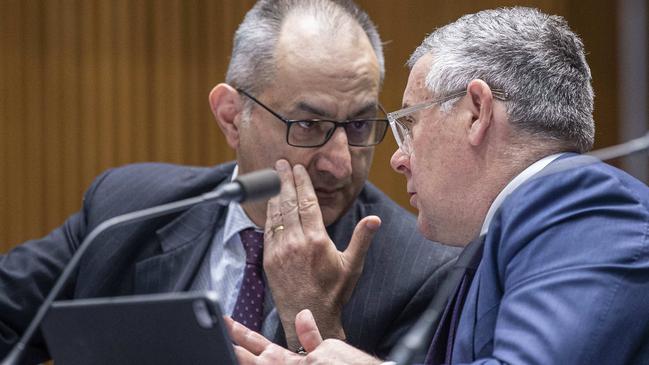
Former national security boss Mike Pezzullo has called for the immediate activation of the nation’s formal National Terrorism Situation trigger to enable the commonwealth to take a lead role in the battle against anti-Semitism amid warnings of the heightened risk of a serious attack being planned and carried out within the next six months.
Mr Pezzullo, the former secretary of the Home Affairs Department before it was dismantled by the Albanese government, warned that the management of counter-terrorism at a national level had become so ambiguous as a result that it was not clear who was now the lead minister with responsibility.
Writing in The Weekend Australian, Mr Pezzullo, who was sacked by the Albanese government over leaked political text messages, said Anthony Albanese should immediately amend the current administrative arrangements, which don’t require parliament, to direct ASIO and the federal police to report directly to the Home Affairs Minister.
A separate multi-agency task-force drawing in all levels of government needed to be established under the Commonwealth Counter-Terrorism Co-ordinator within Home Affairs – established following the December 2014 Martin Place siege – to tackle the anti-Semitism attacks as a distinct and standalone threat, he said.
“The severity of the situation has reached a point where the commonwealth now has to lead,” Mr Pezzullo writes in the wake of a string of anti-Semitic attacks against synagogues, businesses, homes and learning centres.
Implicit in Mr Pezzullo’s claims is the suggestion that the failure of communication that led to the Prime Minister being kept out of the loop for 10 days following the discovery of a bomb-laden caravan in northern Sydney was a result of the now “blurred” counter-terrorism and national security responsibilities at an executive government level following the dismantling of the Home Affairs Department.
“We know from the findings of commissions of inquiry that terrorist attacks are more likely to occur where there has been a failure of central co-ordination and direction, a fragmentation of effort, and a breakdown in information flows,” Mr Pezzullo writes.
“Imagine no one bothering to tell Churchill in 1940 that German-speaking parachutists had landed in Sussex, because detective chief superintendent Foyle had the matter in hand!”
“Had the recent caravan bomb plot succeeded, it would have been an attack on Australia, not an attack on an individual state.

“At the most foundational level, it is not even clear who is the lead federal minister of the government,” Mr Pezzullo writes. “Under the current Administrative Arrangements Order, the document that sets out the responsibilities of ministerial departments of state, the responsibility for ‘law enforcement policy and operations’ is vested with the Attorney-General, while the responsibility for ‘national security policy and operations’ is vested with the Minister for Home Affairs. So, who is the minister for counter-terrorism?
“This blurring of responsibilities, and the associated transfer since May 2022 of the AFP, other law enforcement agencies, and then ASIO from the Home Affairs ministry to the Attorney-General’s, were retrograde steps.
“They unravelled the clarity and unification of effort that had been put in place by the Turnbull government in December 2017, when the Department of Home Affairs was established in its modern form. Were there to be a major terrorist attack, this blurring of responsibilities, and the consequential weakening of the nation’s counter-terrorism machinery, would be key exhibits in any resultant commission of inquiry.”
Mr Pezzullo said the Prime Minister, consulting with first ministers, should declare the existence of a National Terrorist Situation, under the existing provisions of the National Counter-Terrorism Plan.
“That plan is the agreed national arrangement for dealing with terrorism, and it should be fully activated, without the government waiting for an attack to succeed,” he writes.


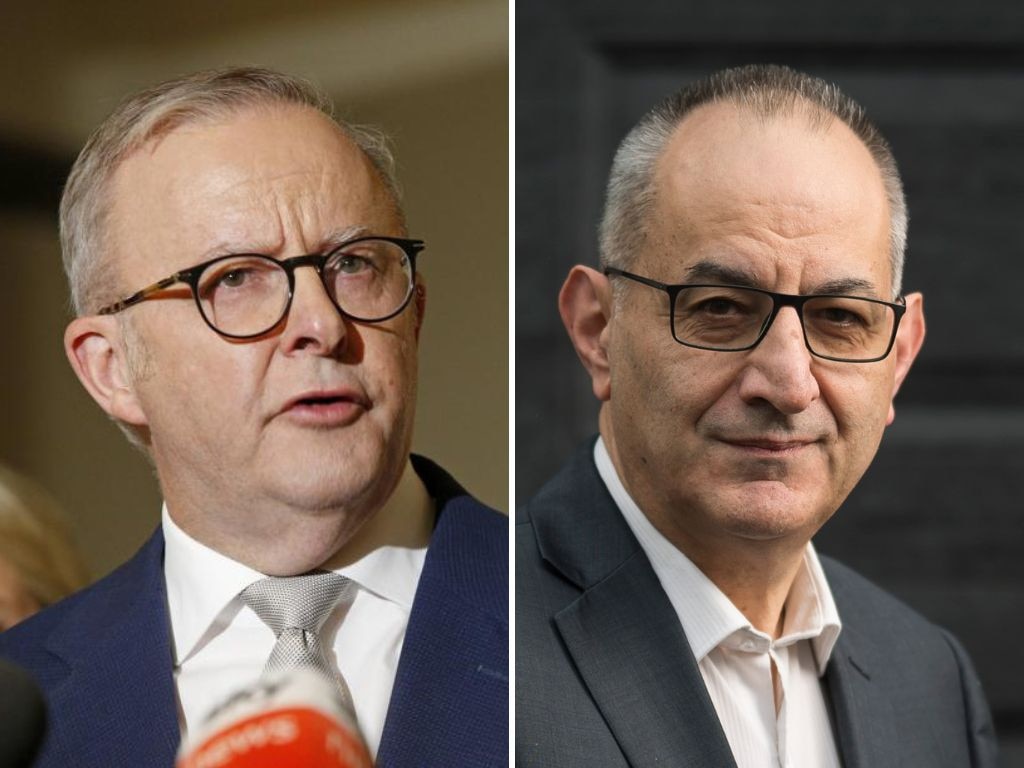
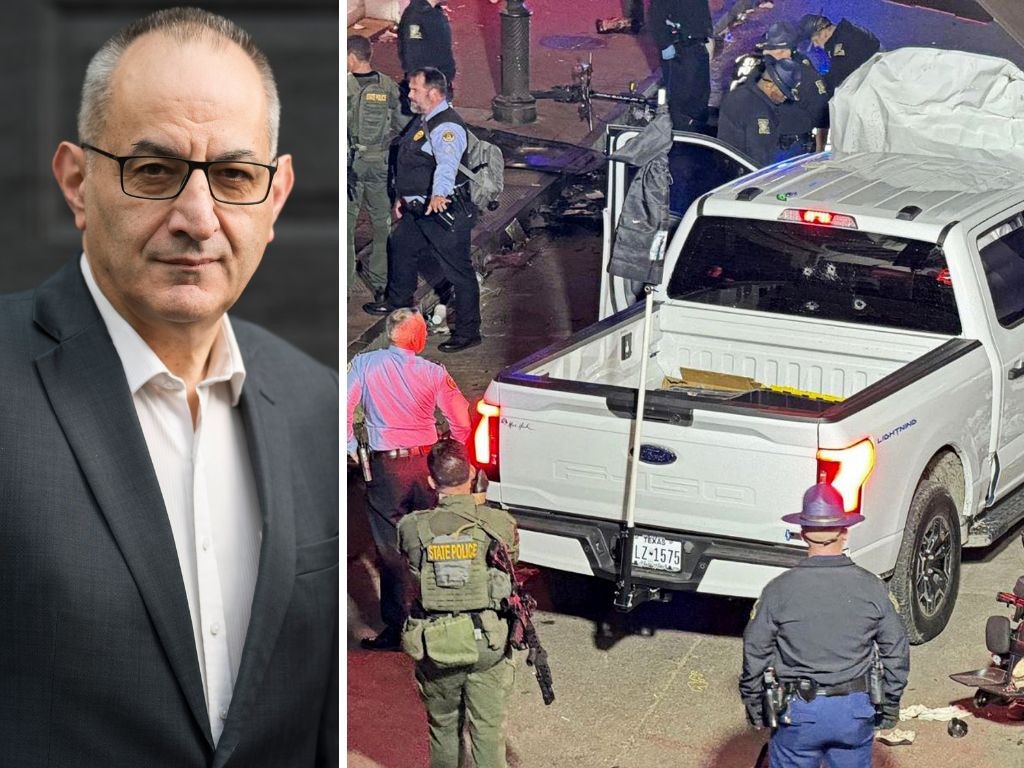
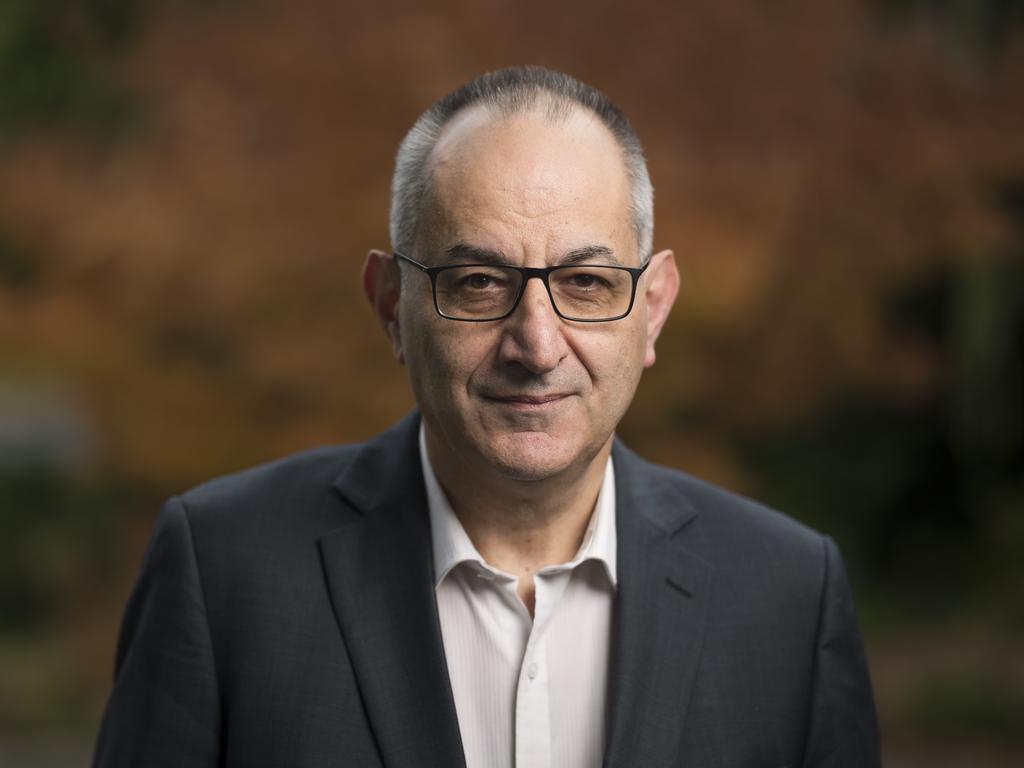
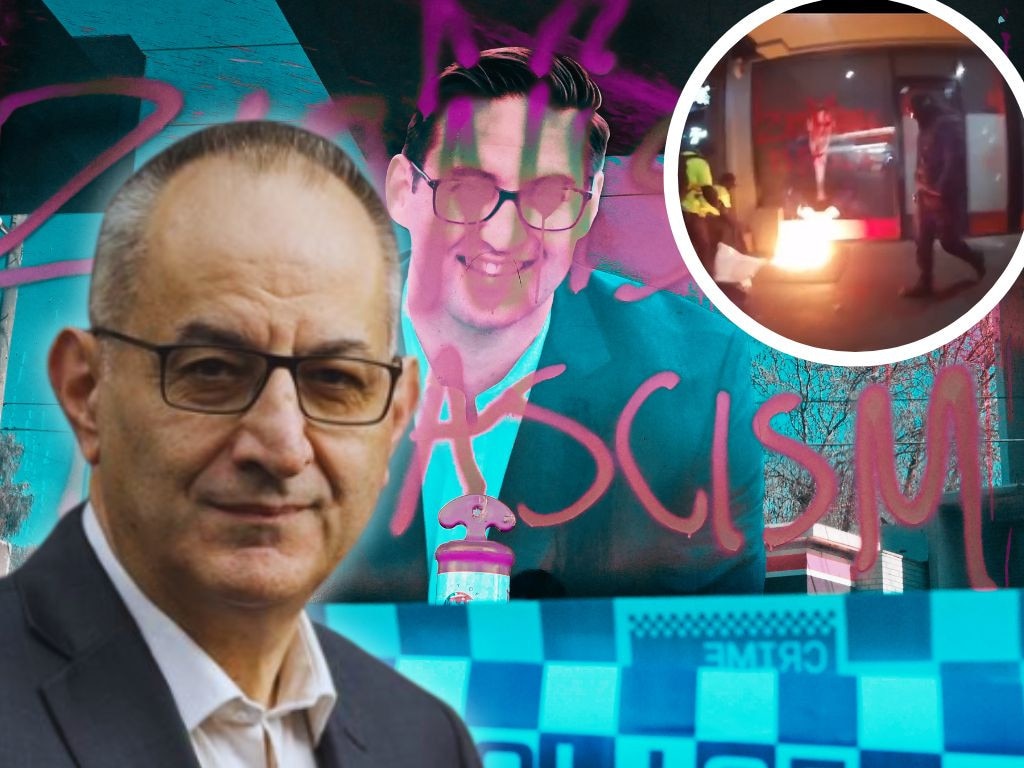


To join the conversation, please log in. Don't have an account? Register
Join the conversation, you are commenting as Logout